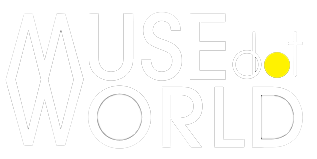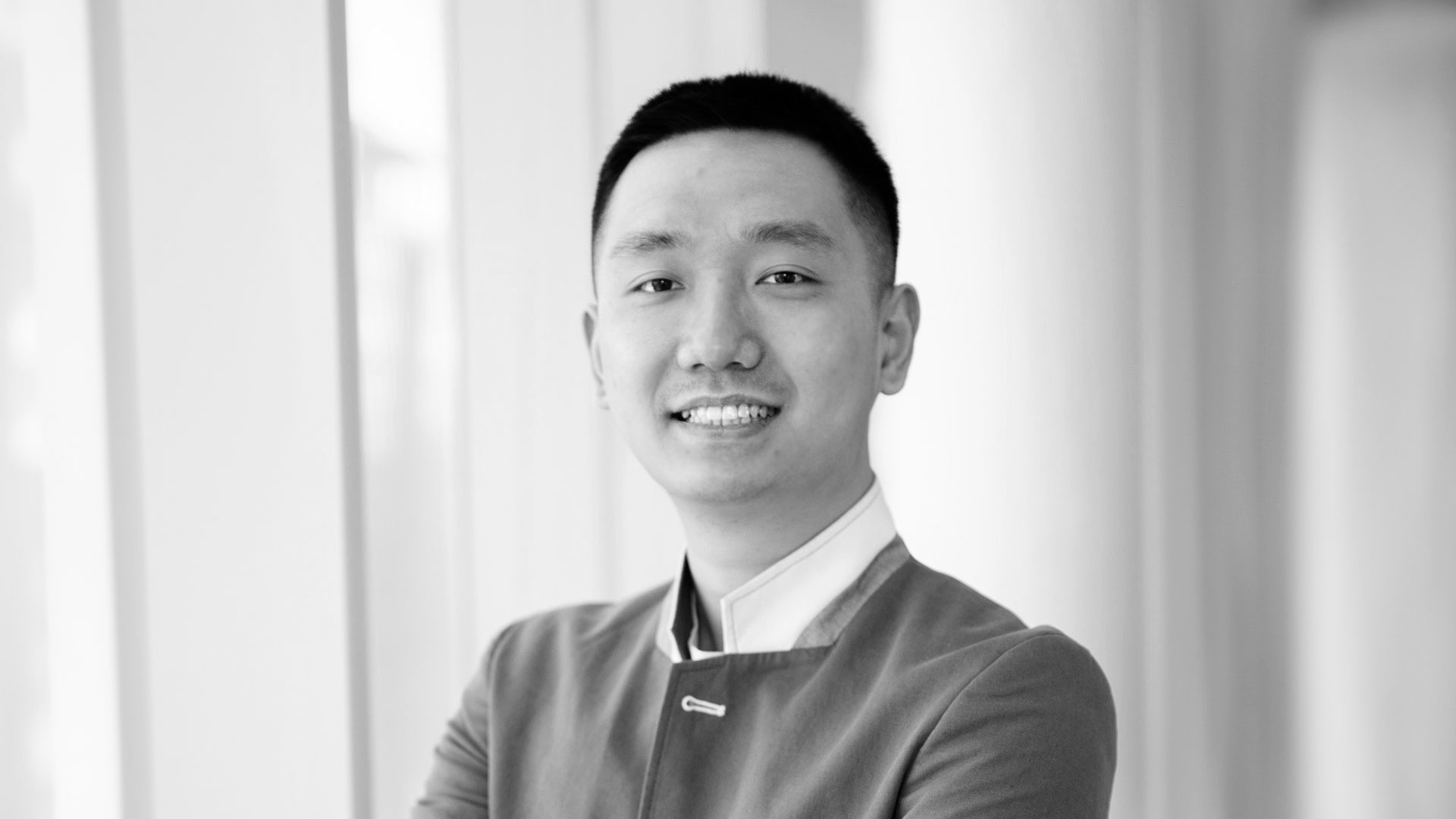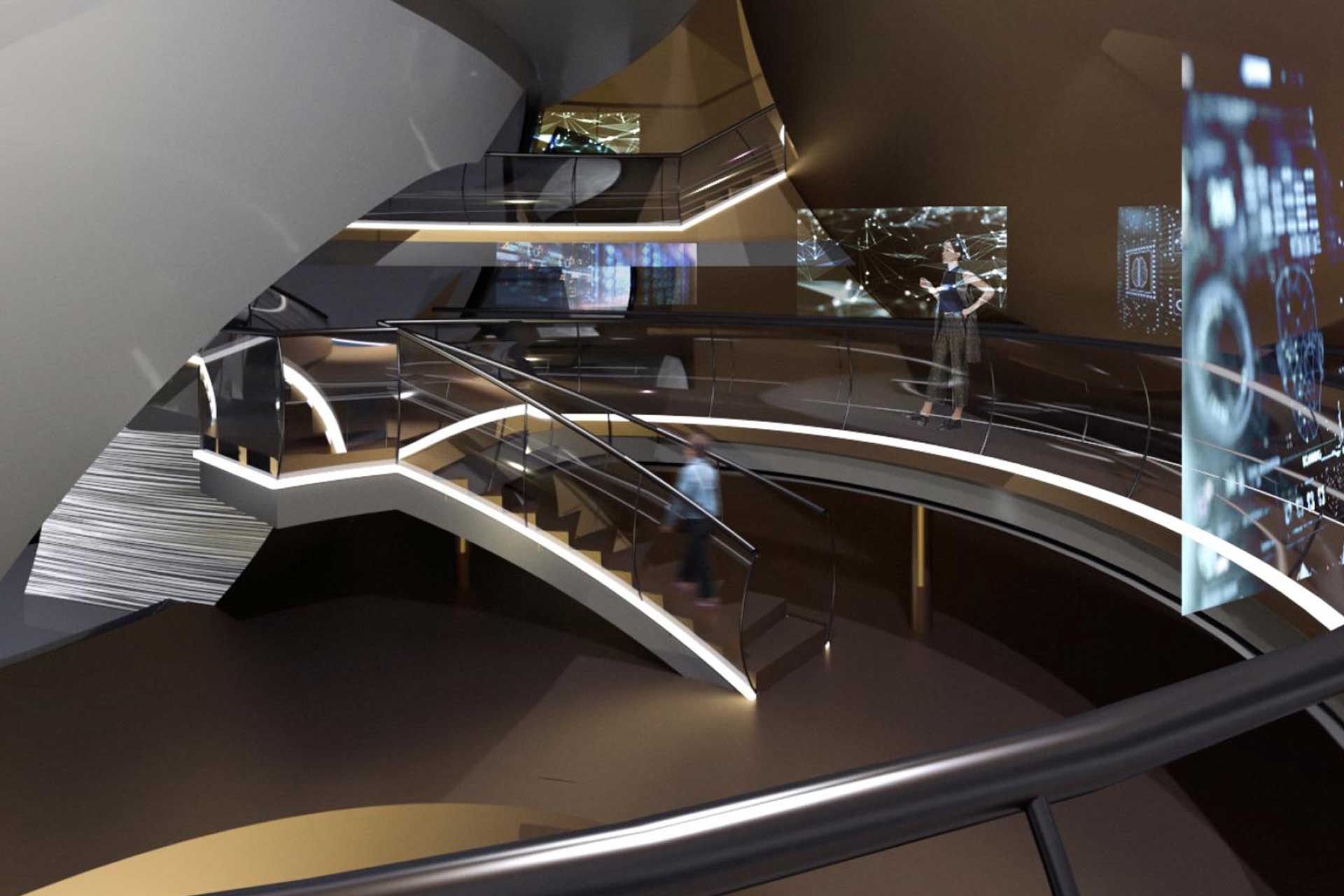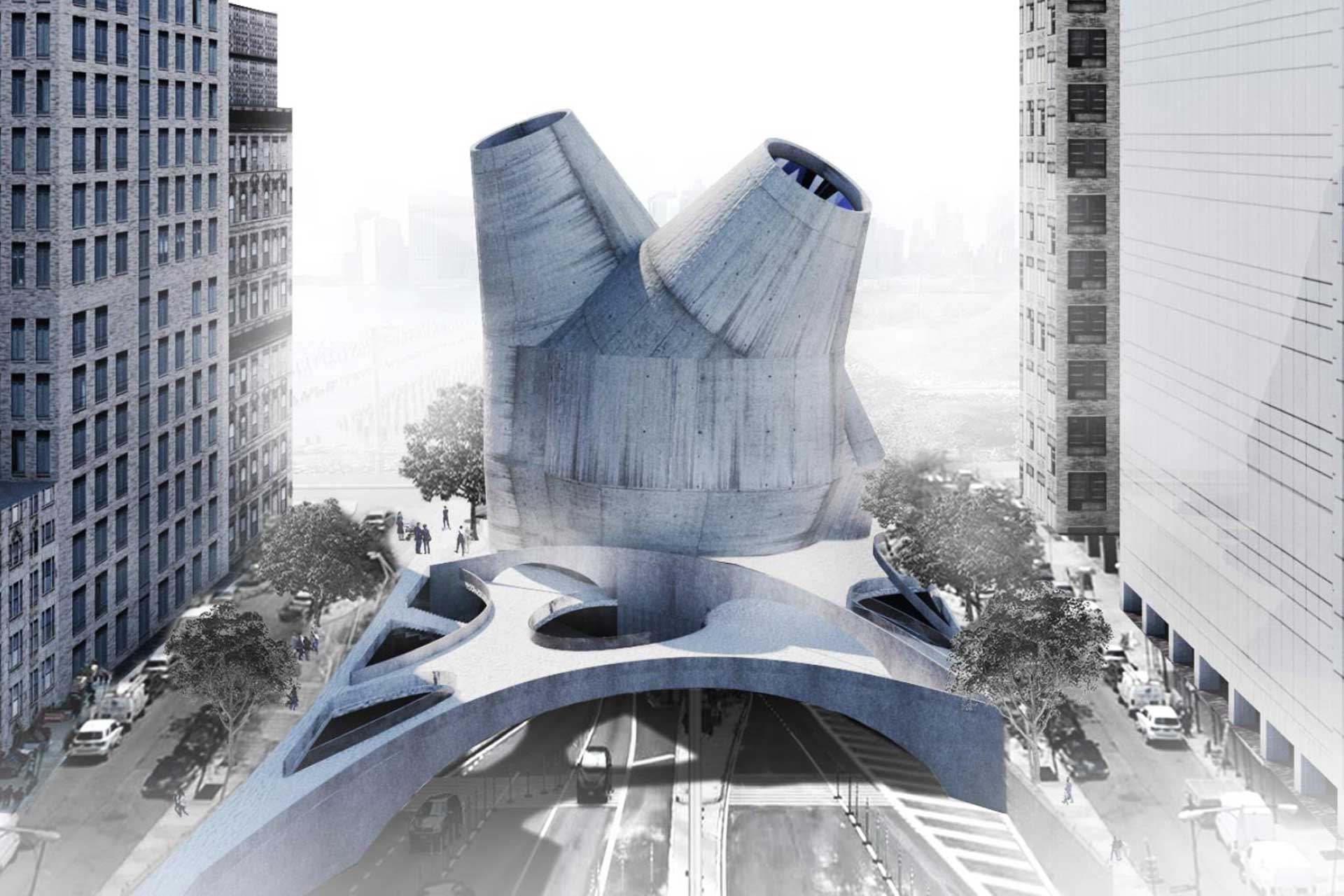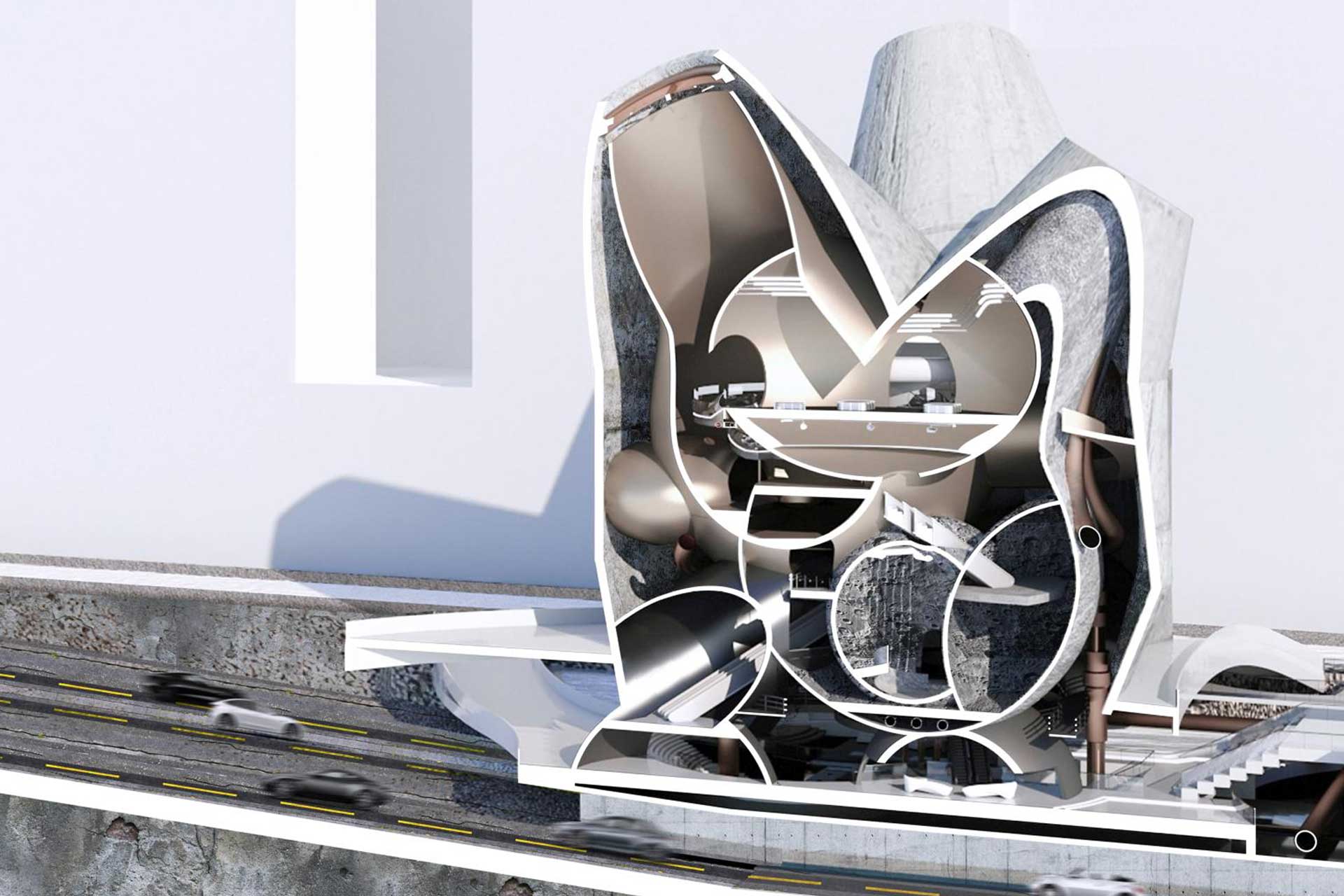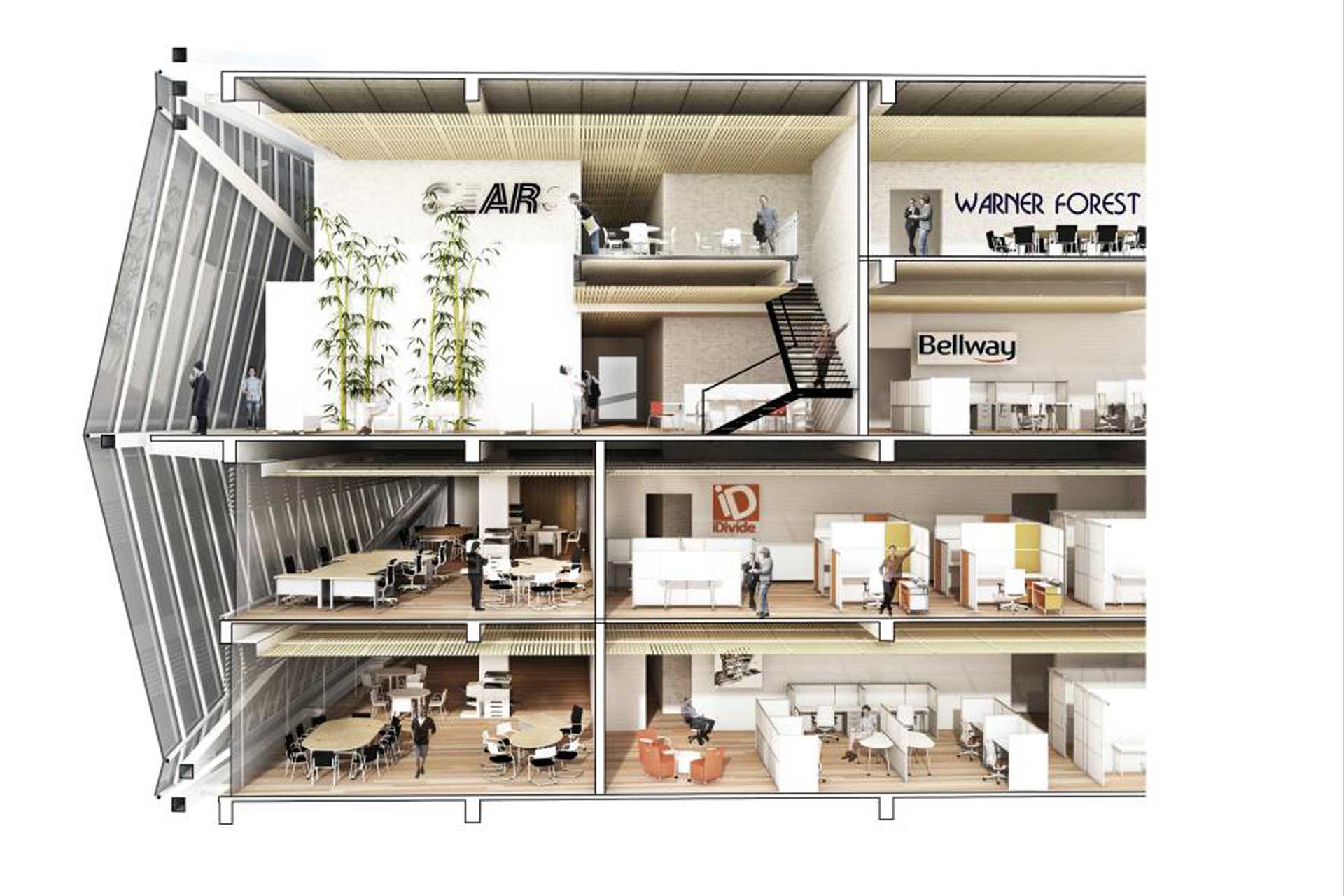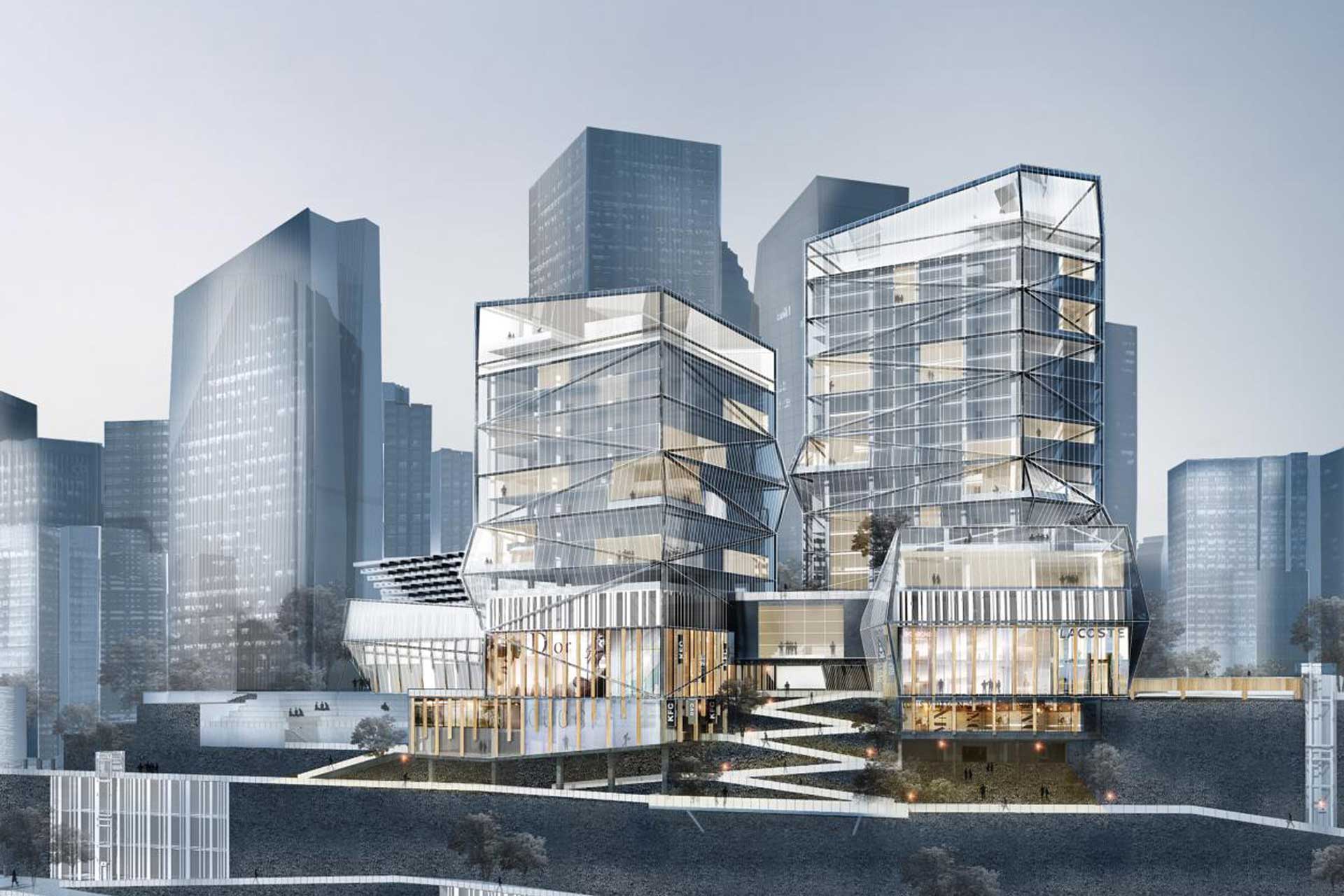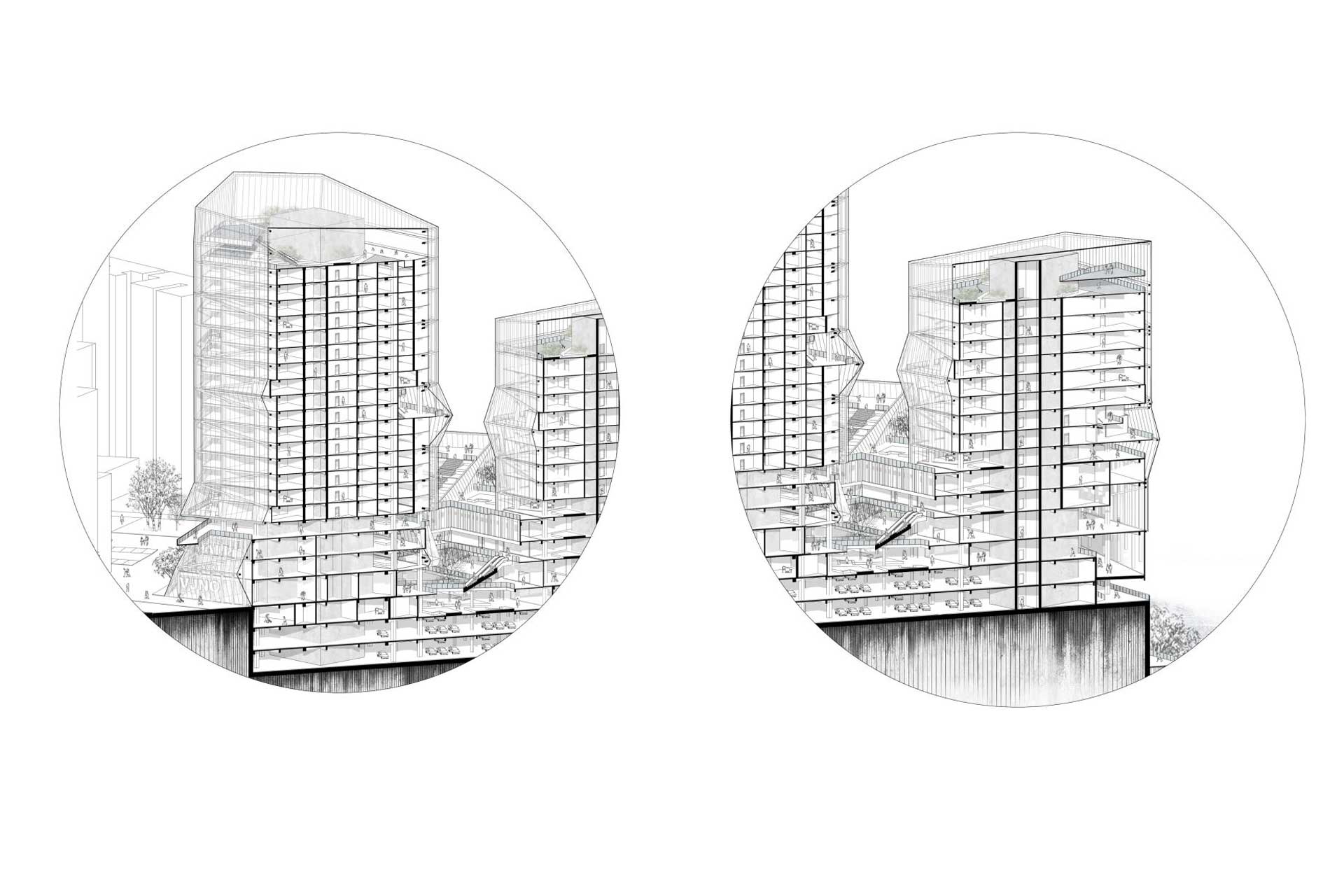1Congratulations on winning the MUSE Design Awards! Can you introduce yourself and share about what inspired you to pursue design as a career?
My name is Zi Zhuo, and I am a higher education–focused architectural designer at NAC Architecture in Seattle, WA, specializing in student housing, mixed-use designs, and housing master plans.
Previously, I worked at Ayers Saint Gross in Washington, D.C. I hold a bachelor’s degree in architecture from Chongqing University and a master’s degree in architecture from the University of Virginia.
2What does being recognized in the MUSE Design Awards mean to you?
Winning this award is an incredible honor. It validates our hard work and serves as a source of pride for me, inspiring me to continue pushing boundaries in design.
3How has this achievement impacted your career, team, or agency, and what opportunities has it brought so far?
This award is a milestone that enhances my portfolio and credibility in the industry. It motivates me to pursue even more innovative projects in the future.
4What role does experimentation play in your creative process? Can you share an example?
The Sci-fi Gallery New York reimagines a ventilation tower in Manhattan as a sci-fi–inspired garden and gallery. Its novel concept and captivating spatial forms made it a strong contender in the competition.
I created many space sketches before ultimately settling on a design based on three spherical shapes. It was impossible to materialize this space using only my imagination.
5What's the most unusual source of inspiration you've ever drawn from for a project?
The secret base in Men in Black and the motif of surveillance cameras—common in science fiction films—served as the foundational inspiration for the project.
6What’s one thing you wish more people understood about the design process?
Believe in your ideas and take part in competitions with confidence. Prioritize originality, pay close attention to detail, and ensure your concept is consistently expressed throughout your design. Don’t settle for mediocrity—push boundaries.
7How do you navigate the balance between meeting client expectations and staying true to your ideas?
I will try to give the client multiple options instead of just asking him if he is ok with one design. It is important to stick to your own principles as a designer while meeting the client's requirements.
8What were the challenges you faced while working on your award-winning design, and how did you overcome them?
Materializing the futuristic-themed spaces was the most significant challenge. To address this, I extensively researched sci-fi references, explored futuristic spatial forms, and tested multiple prototypes using modeling software, eventually refining the designs into concrete forms.
9How do you recharge your creativity when you hit a creative block?
For inspiration, platforms like Pinterest and ArchDaily are invaluable. I also enjoy playing board games and video games with my friends to recharge myself.
10What personal values or experiences do you infuse into your designs?
My Chinese heritage, especially the design principles of traditional gardens, has greatly influenced my work. Chinese garden design often emphasizes “suppression before revelation,” which inspires me to craft spatial narratives that gradually build anticipation and lead to an impactful climax in the visitor experience.
11What is an advice that you would you give to aspiring designers aiming for success?
Imagination, persistence, and confidence are the keys to success. Always trust your creative instincts and remain resilient in the face of challenges.
12If you could collaborate with any designer, past or present, who would it be and why?
Steven Holl is an American architect known for his innovative designs that blend light, space, and materiality. In my opinion, his work not only embodies a unique aesthetic but also aligns closely with current architectural trends.
13What's one question you wish people would ask you about your work, and what's your answer?
I’ve always wished someone would ask, “What are your top three favorite things about working in the design industry?”
1. The dynamic and creative work environment.
2. A strong sense of identity and purpose.
3. The immense satisfaction of seeing a project come to life.


